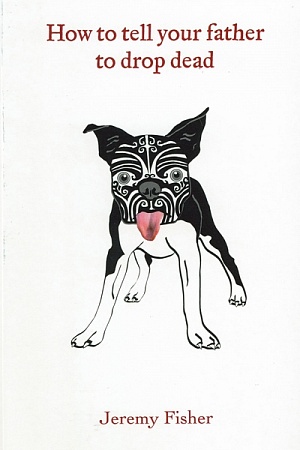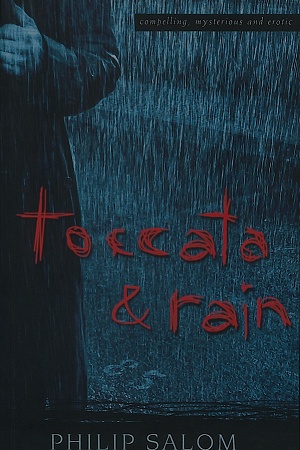The Pillars
Hachette, $32.99 pb, 260 pp, 9780733640186
The Pillars by Peter Polites
The 2019 federal election result confirmed that housing prices, upward mobility, tax cuts, and limited immigration are powerful motivators for Australian voters. Peter Polites’s second novel, The Pillars, with its themes of social and material advancement in Sydney’s western suburbs, captures this spirit of the time perfectly. Pano, the main character, studies people – those better off, more favoured, those who thrive and make it look easy – and wants a better life for himself. Tertiary educated and an avid observer, Pano has studied the habits, codes, dress, and attitudes that will disguise his second-generation Greek migrant status. He knows how to read a room and knows the room is always reading him, right down to his choice of labels, how he grooms himself and his vocabulary.
A struggling writer and poet, Pano has left his Bankstown roots to live in the new, cookie-cut suburb of Pemulwuy in western Sydney. The houses are identical; the gardens are sparse; the roads have no potholes; neighbours rarely meet. Named after an Eora man, the historical Pemulwuy was a warrior in Australia’s bloody but unrecognised frontier wars. Insights into Australia’s complex history abound in the novel and include the dispossession of the owners of the land, ruthless land speculation, bushranger hangings, waves of immigration, interclass struggles, and a constantly shifting palette of faiths, colours, and social conventions.
Pemulwuy is a place of aspiration, a community gated not by walls but by the force of will of its homeowners to keep property values high. It is a suburb where Australians escaping their class and second-generation migrants escaping their families dream of social advancement and erase inconvenient facts from their past. Here, Pano can maintain his mask as an aspirational urban gay, while spying on residents in their houses at night.
Continue reading for only $10 per month. Subscribe and gain full access to Australian Book Review. Already a subscriber? Sign in. If you need assistance, feel free to contact us.














Leave a comment
If you are an ABR subscriber, you will need to sign in to post a comment.
If you have forgotten your sign in details, or if you receive an error message when trying to submit your comment, please email your comment (and the name of the article to which it relates) to ABR Comments. We will review your comment and, subject to approval, we will post it under your name.
Please note that all comments must be approved by ABR and comply with our Terms & Conditions.